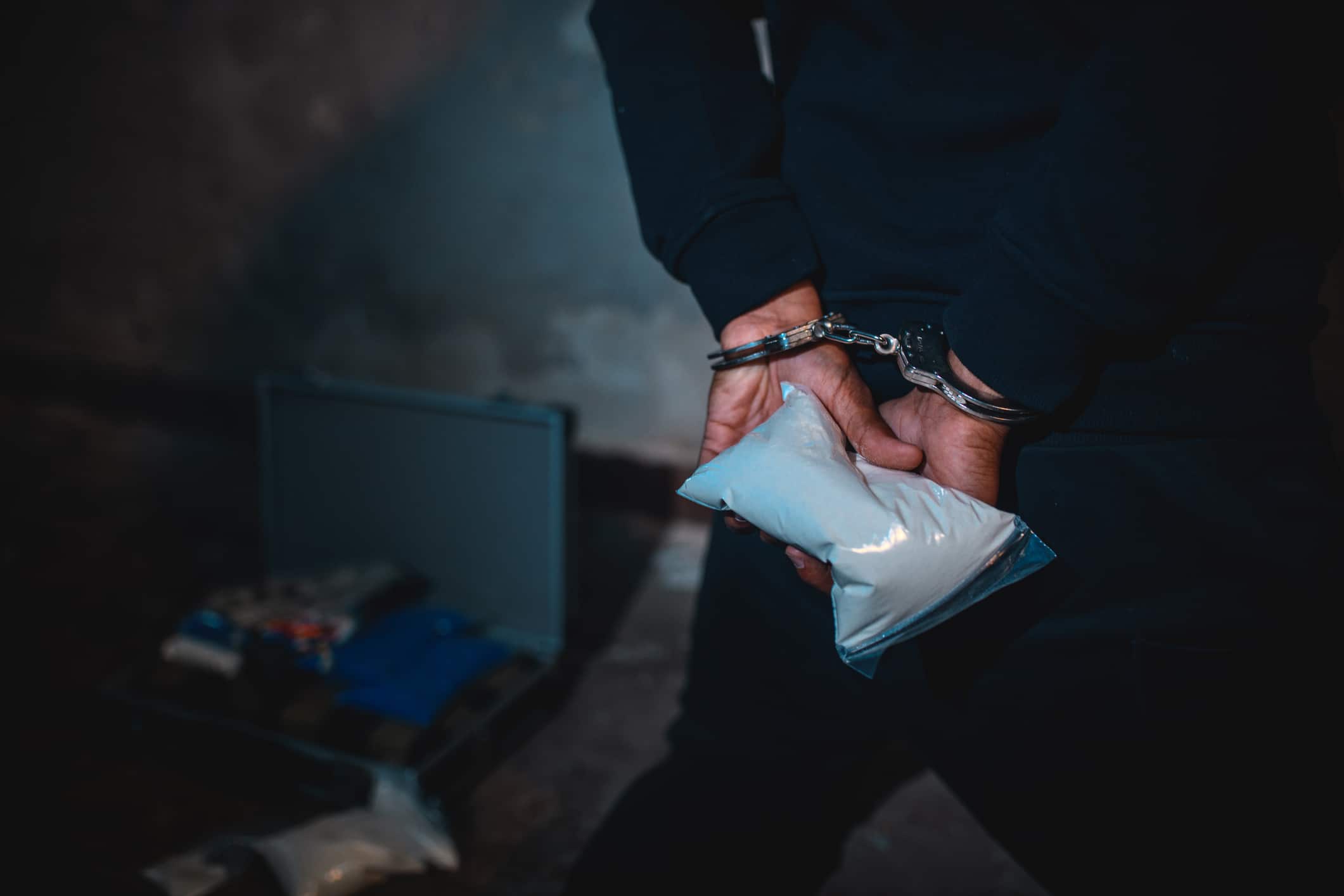What Are the Basics of Domestic Violence?
The law in North Carolina recognizes domestic violence acts that result in visible and invisible wounds. They range from physical violence, sexual assault, and emotional abuse, including threats to injure a person with whom the perpetrator has a relationship.
Attorneys from a law firm in North Carolina highlight the following as potential victims of a domestic violence offender:
- Current or former spouses, romantic interests, boyfriend, or girlfriend
- A person with whom the perpetrator shares a child
- Grandparents
- A household member living or who lived with the offender.
Domestic violence is a factor that can affect child custody determination after a divorce. If your ex-spouse has been a perpetrator or has a history of domestic violence, it is advisable to tell the court to protect your child from harm.
After evaluating the circumstances, the court will make a decision to ensure your child can continue bonding with their other parent in a safe environment. Consider working with experienced child custody lawyers in Morganton to help you build a strong case.
How Does the Court Determine Child Custody After Domestic Violence?
North Carolina courts generally consider the child’s best interests when awarding custody and visitation rights to divorcing parents. The safety of the child is also paramount, so when there is history of domestic violence, a judge will evaluate the following factors:
- Whether the child was exposed to a substantial risk of sexual abuse, physical injury, or emotional harm
- Whether the child was present during the acts of domestic violence
- Whether the perpetrator used or threatened to use a weapon during the acts of domestic violence
- Whether the acts of violence resulted in serious bodily harm to the aggrieved party or child
- Whether the perpetrator or another party involved in the case of domestic violence placed the child in reasonable fear of imminent severe bodily harm
- Whether there has been a pattern of abuse against the child or the aggrieved party
- Whether the offender forced or threatened the aggrieved party or the child to engage in sexual relations
- Whether the perpetrator has abused the child or endangered their life during visitation
- Whether the child has been detained or concealed improperly by the perpetrator
- Whether the alleged offender violated the child’s best interests.
These scenarios can dramatically affect the determination of a child custody and visitation case, affecting the parenting rights of either or both parents. The following are some possible outcomes:
Protective Orders
You can file a petition to request a protective order if you suffered domestic violence at the hands of your ex-spouse and don’t want your child to be in contact with the abusive parent. Under the no-presumption doctrine, you and your child custody attorneys in Morganton can take additional measures besides pursuing primary custody.
You can obtain a domestic violence protective order (DVPO) against the abusive parent if you can prove that your ex-spouse:
- Injured or attempted to injure you
- Threatened you with the possibility of injury
- Harassed or has been harassing you in at least two ways
- Committed sexual abuse against you.
If the court issues a DVPO, the abusive parent must not visit, come into contact with, or be in the same location as you or other parties named in the order for a year or a maximum of two years from the date the order is issued. You can renew the order as often as necessary but must show “good cause.” A violation of the order could have your ex arrested for contempt of court.
Supervised Visitation
Supervised visitation implies that your ex-spouse can visit and spend time with your child in the presence of an authorized adult or at a court-approved agency. Child custody lawyers in Morganton mention that the visitation may be temporary or permanent depending on the terms of the child custody order.
However, supervised visitation can be lifted if the abusive parent proves that abuse is not likely to occur and that regular visitation would be in the child’s best interests.
Termination of Parental Rights
Termination of parental rights is a permanent decision that cannot be undone later. However, a judge can only terminate parental rights in the most extreme cases of domestic abuse or neglect. Some situations that may cause a judge to make this decision are:
- Chronic abuse of the child or their sibling
- Sexual abuse against the child
- Murder or attempted murder of the child’s sibling or other child residing in the same home
- Murder or attempted murder of the child’s significant other
- Felony assault causing serious bodily harm to the child or the child’s sibling
- Felony assault causing severe bodily harm to the child’s other parent or significant other
Parental rights can’t be reinstated even if the affected parent demonstrates good behavior. Discuss with your legal team if this is an option in your case and how it can impact the child custody case.
A Skilled Child Custody Attorney Providing Legal Counsel Concerning Domestic Violence in Child Custody Cases
The outcome of child custody cases largely depends on several factors, as courts must uphold the child’s best interests. A history of domestic violence is a factor that judges must consider when making custody determinations. If your ex-spouse subjected you or your child to abuse, consult skilled Morganton child custody attorneys to protect your child.
At Webster & Back, Attorneys at Law, we can assess your situation and provide legal counsel to protect you and your child. Our family law attorneys have dedicated legal experts who can help you create a strong case to demonstrate why you’re better suited to be awarded custody of your child. Call us at 828-677-2175 to schedule a consultation at a charge of $100 for 30-45 minutes.



